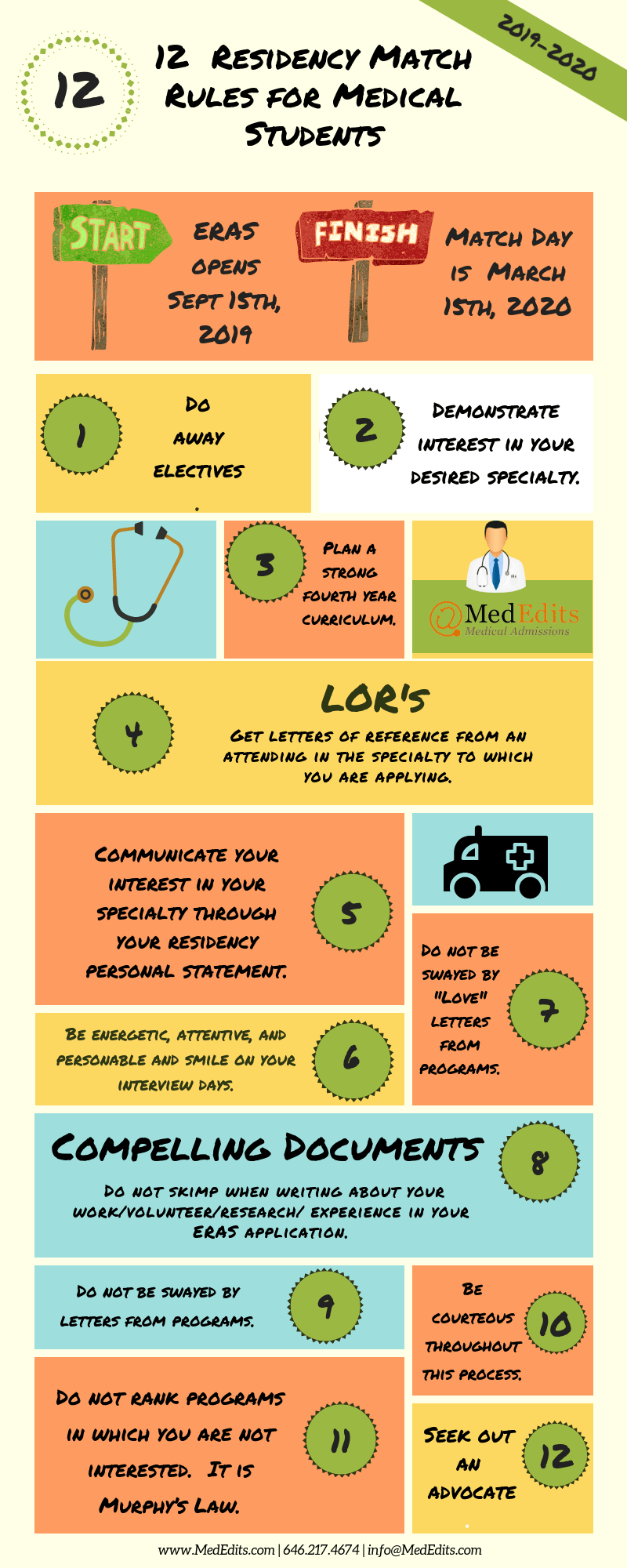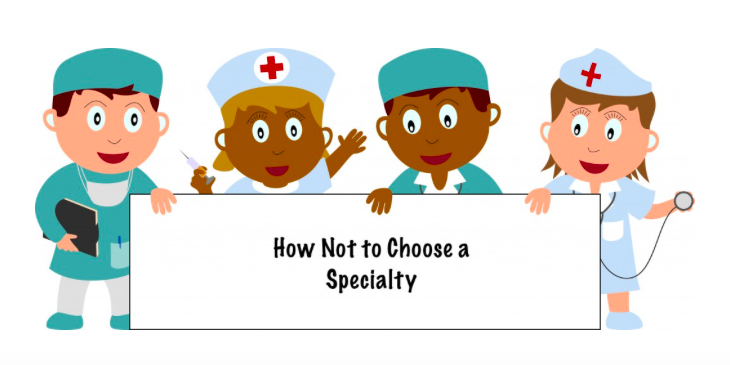“I love the hours.”
“I want to be just like Dr. Smith. He has a sweet practice.”
“I want to make a ton of money.”
These are some bad reasons why medical students choose a specialty. Most medical students decide what specialty to pursue when they are in their mid to late 20s. While we all think we are pretty wise and informed by that time, often we are fairly immature in our thinking and don’t fully consider the “big picture” when deciding what we are going to do for the remainder of our lives and careers. Medical students can also be in a proverbial ‘bubble” during medical school, busy studying and spending long hours in the hospital, with little time outside of the “medical world.” This, too, can lead to a warped perspective that doesn’t involve the “real world” or consideration of what life might be like after training. Let us discuss how to choose medical specialty. In deciding on a specialty, do not base your decision on “bad reasons,” which include more than those above:

You want to make a lot of money. Maybe you also want to join a field with “status.”

You love the hours and want a specialty that is “easy.”
Related Article: We’ve been learning about the residency match process for over two decades. Click here to read our annual 2019-2020 residency lesson’s learned article.

You were impressed by someone in a particular specialty, and you want to be just like that person.


You don’t really want to practice the specialty you are choosing or you plan to practice for only a short time.
I sometimes hear students say, “Well, I don’t really want to practice that specialty. My goal is to get out of clinical medicine or just practice one part of the specialty.” For example, some students think if they pursue EM, they can graduate and just work day or urgent care shifts. Or, someone may pursue a residency in several disciplines with the intent of gaining clinical experience and then “going into industry.” Others may choose a specialty that would make them a good candidate to become talk show hosts. While some people are successful when pursuing careers that are tangentially or barely related to medicine, most are not. If you know as a premedical or medical student that you really don’t want to practice medicine, perhaps you should give your medical school seat to someone else and consider what other careers might be more fulfilling.
So how should you decide on a field to pursue? Whatever your reasons for choosing a specialty, you need to fundamentally enjoy its subject matter, the disease processes, the type of practice, and the patients for whom you will be caring. Ideally, you also want a career that will have longevity.
In making a decision, it is essential that you view your life in the future. Fast forward 20 years. Where do you want to be? How do you hope to be practicing? Find role models who are older than you. Ask them what they like or don’t like about their specialties. Would they make a different choice now that they have a more mature perspective? Many people who practice primary care have great lifestyles and can also practice for a long time because the practice is not the most physically or emotionally rigorous. In general, outpatient medical practice and specialties, which some medical students consider “boring” since they lack the “excitement” of others, allow doctors to work for a long time.
To achieve the same goal, many doctors try to leave the “intense part of their specialty for something less vigorous; for example, orthopedic surgeons may practice solely outpatient sports medicine, and ob/gyns sometimes leave the OR to practice only outpatient gynecology. Emergency physicians may transition from main emergency department work to outpatient urgent care. In deciding on a specialty, do your research, explore how your desired specialty is practiced in many settings and, most of all, be honest with yourself.







